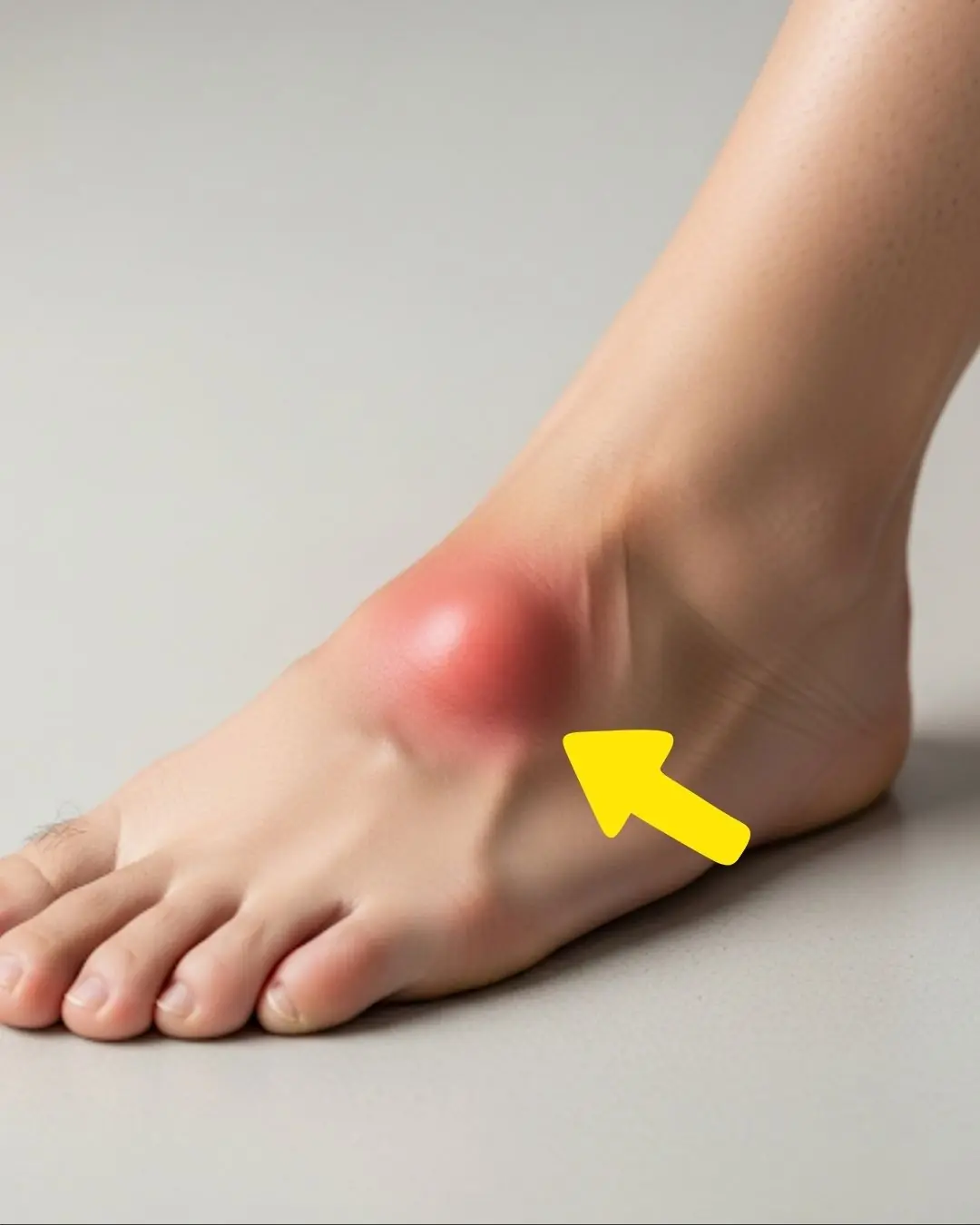
The Top Foods High in Vitamin C — and Why the Nutrient Is So Critical
🍊 The Ultimate Guide to Vitamin C: Why It Matters and Where to Find It
Vitamin C isn’t just a buzzword in wellness circles — it’s a powerhouse nutrient that plays a vital role in keeping your body functioning at its best. From boosting immunity to protecting your skin and heart, this essential vitamin deserves a spotlight in your daily diet.
Let’s explore why vitamin C is so important, how much you need, and the best foods to get it from — plus a few surprising facts you might not know.
🧬 Why Is Vitamin C So Important?
Vitamin C, also known as ascorbic acid, is a water-soluble vitamin that your body cannot produce on its own. That means you need to get it from food or supplements regularly.
Key Functions of Vitamin C:
-
Strengthens the immune system and helps fight infections.
-
Supports collagen production for healthy skin, joints, and blood vessels.
-
Acts as a powerful antioxidant, protecting cells from damage.
-
Enhances iron absorption, especially from plant-based sources.
-
May reduce the risk of chronic diseases like heart disease and dementia.
🧠 Without enough vitamin C, your body can’t maintain tissues properly — which historically led to scurvy, a disease that once plagued sailors deprived of fresh produce.
📏 How Much Vitamin C Do You Need?
Your daily requirement depends on age, gender, lifestyle, and health status.
| Group | Recommended Daily Allowance (RDA) |
|---|---|
| Adult Men | 90 mg |
| Adult Women | 75 mg |
| Smokers | +35 mg (extra) |
| Pregnant Women | 85 mg |
| Breastfeeding Women | 120 mg |
| Children (1–8 years) | 15–25 mg |
⚠️ The upper limit is 2,000 mg per day. Excess vitamin C is usually excreted, but high doses from supplements may cause digestive issues.
🥗 Top Foods Rich in Vitamin C
Vitamin C is abundant in fruits and vegetables — and not just citrus!
🌶️ Vegetables
-
Red Bell Peppers: 1 cup = 191 mg
-
Broccoli: 1 cup chopped = 81 mg
-
Brussels Sprouts: ½ cup cooked = 48 mg
-
Kale & Mustard Greens: High in C and other antioxidants
-
Potatoes: 1 medium = 17 mg
🍓 Fruits
-
Guava: 1 fruit = 125 mg
-
Strawberries: 1 cup sliced = 98 mg
-
Papaya: 1 cup cubed = 88 mg
-
Oranges: 1 medium = 83 mg
-
Kiwi: 1 fruit = 64 mg
-
Blackberries: 1 cup = 30 mg
-
Lemons & Limes: Juice contains 20–35 mg per fruit
🥄 Bonus Tip: Eat these raw when possible — cooking can reduce vitamin C content by up to 50%.
🧠 Expanded Benefits of Vitamin C
Beyond immunity, vitamin C may support:
-
Brain Health: May reduce oxidative stress linked to Alzheimer’s and Parkinson’s.
-
Mood & Mental Wellness: Some studies show lower rates of depression and anxiety in people with higher vitamin C levels.
-
Eye Health: May help prevent macular degeneration and cataracts, though evidence is mixed.
-
Skin Vitality: Promotes collagen production, reduces wrinkles, and helps heal wounds.
🧴 Topical vitamin C serums are popular in skincare, but dietary sources are still the foundation for healthy skin.
💊 Supplements vs. Whole Foods
While supplements are widely available, experts recommend getting vitamin C from whole foods.
Why Whole Foods Are Better:
-
Contain fiber, flavonoids, and other nutrients that work synergistically.
-
Lower risk of overdose or side effects.
-
More satisfying and sustainable for long-term health.
🥬 Pair vitamin C-rich foods with iron-rich meals — like spinach with strawberries — to boost absorption naturally.
🧺 Practical Tips to Boost Your Vitamin C Intake
-
Start your day with fruit: Add kiwi or berries to your breakfast.
-
Snack smart: Keep bell pepper slices or citrus fruits on hand.
-
Go raw when possible: Preserve vitamin C by avoiding overcooking.
-
Mix and match: Combine multiple sources for variety and balance.
-
Watch your lifestyle: Smokers and people under stress may need more vitamin C.
🧁 Final Thoughts
Vitamin C is a small nutrient with a big impact. Whether you're looking to boost immunity, improve skin health, or simply eat better, incorporating vitamin C-rich foods into your diet is a smart and delicious move.
News in the same category

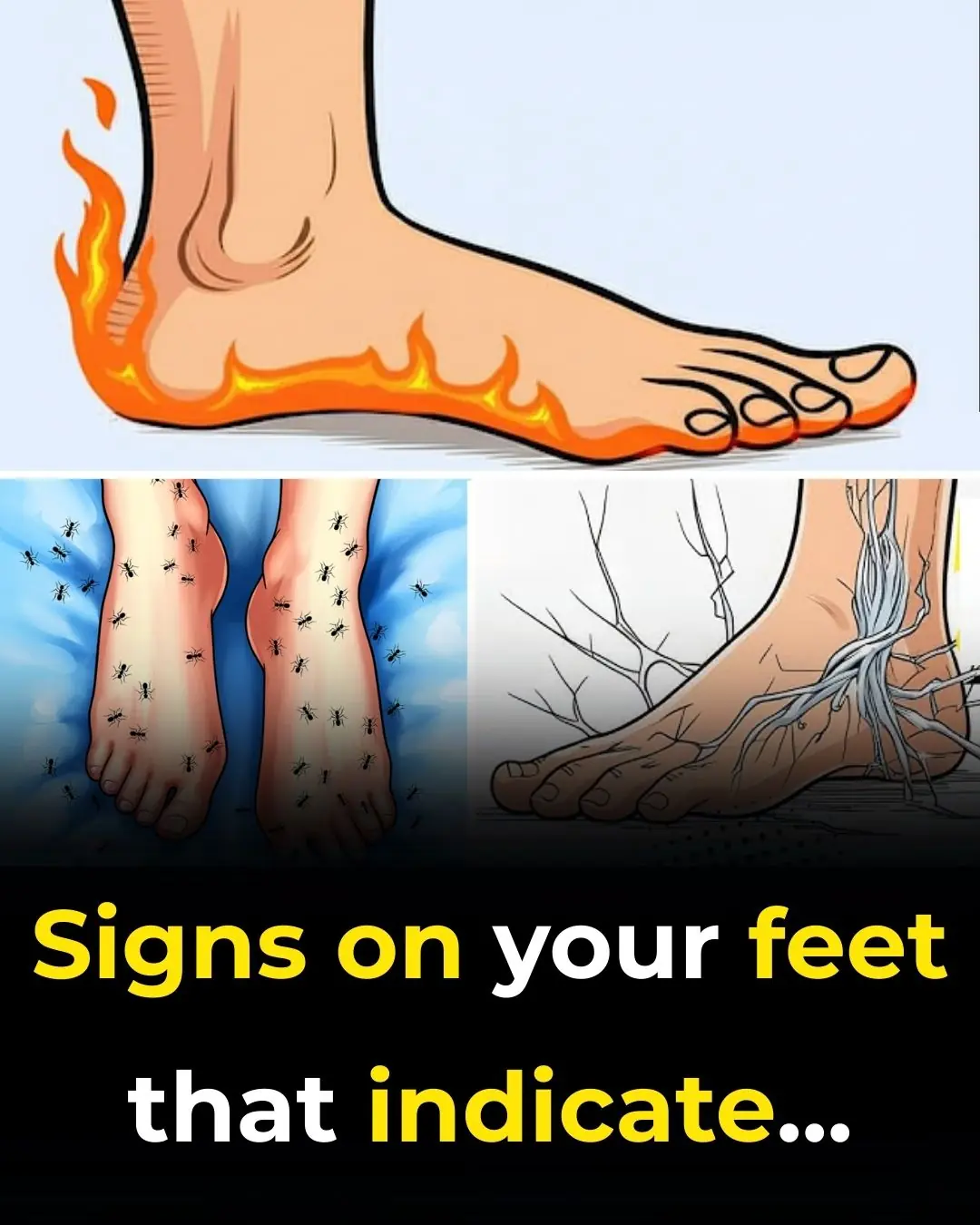
What Your Feet Are Telling You

6 Health Benefits of Sleeping In a Cold Room and How to Make it Cooler- And Why You May Not Want to Use a Fan

10 Symptoms of Diabetes That May Show Up In Your Feet

This is what sleeping on the left side does for our brain, stomach & glymphatic health
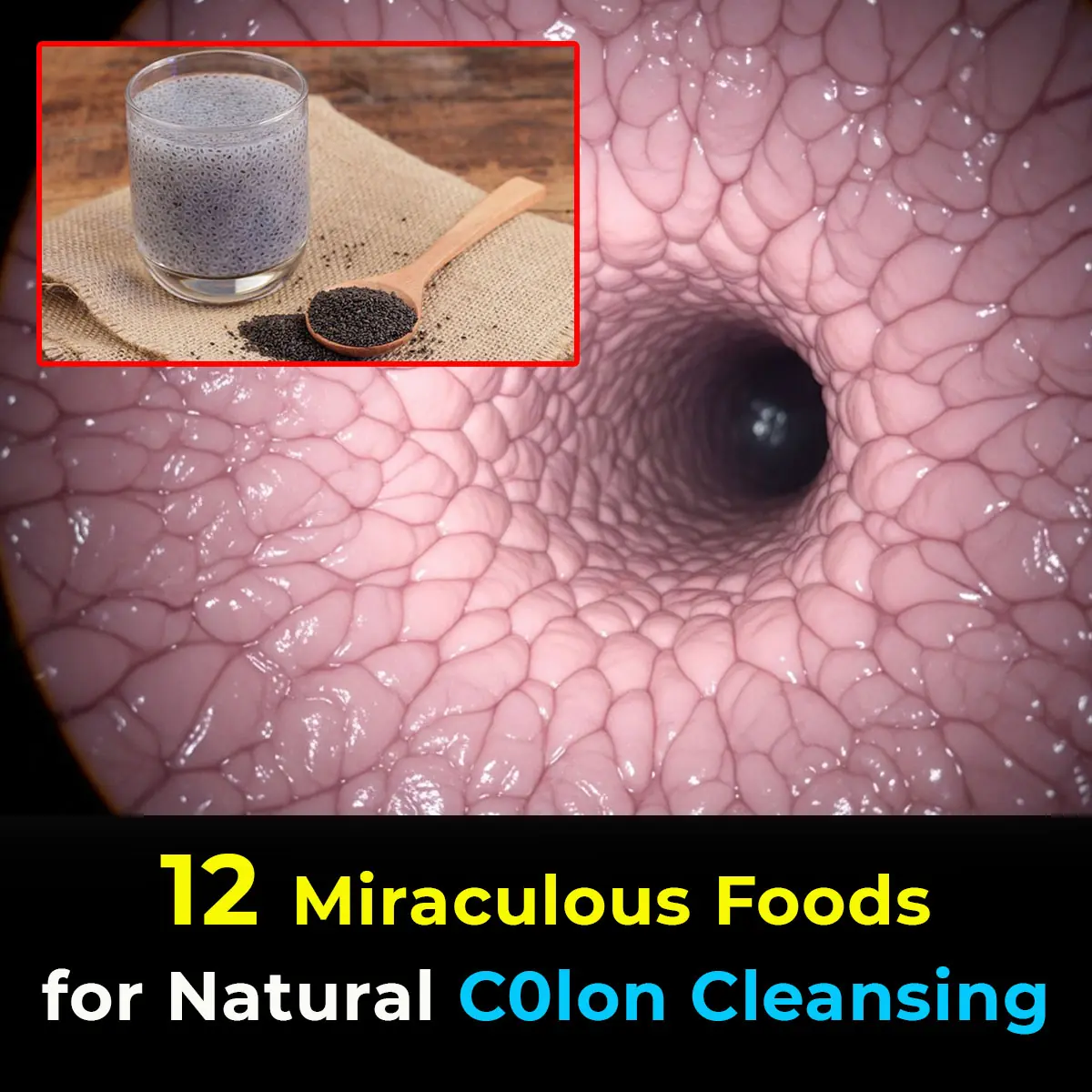
12 Best Foods To Support Digestive and Gut Health

Study suggests anal cancer is on the rise and reveals who’s most at risk

Wife Complains of a Headache, Sleeps, and Dies Without Husband Knowing: This Type of Headache Requires Immediate Hospitalization!

Shocking Effects of Sleeping Less Than 7 Hours — What Really Happens to Your Body
Getting less than seven hours of sleep might feel harmless, but science shows it can quietly damage your body in ways you don’t expect. From hormonal imbalances to skin problems and even digestive issues, sleep deprivation affects far more than just you

Doctors Explain Why You Should Never Hold Back a Fart
On average, every person passes gas 14 to 23 times per day—it’s a natural part of being human and actually shows that your digestive system is functioning properly.

Scientists Invent Smart Tooth That Grows Into Your Gums And Connects To Nerves Like the Real Thing

Scientists Say This New Stem Cell Treatment Could End Type 1 Diabetes for Good

Everyday Habits That Can Cause a This Issue To Your Hands

My Nana’s Homemade Cure for Stubborn Throat Mucus That Works Every Time

Doctors Are Shocked by What Happens When You Eat Chia Seeds First Thing in the Morning
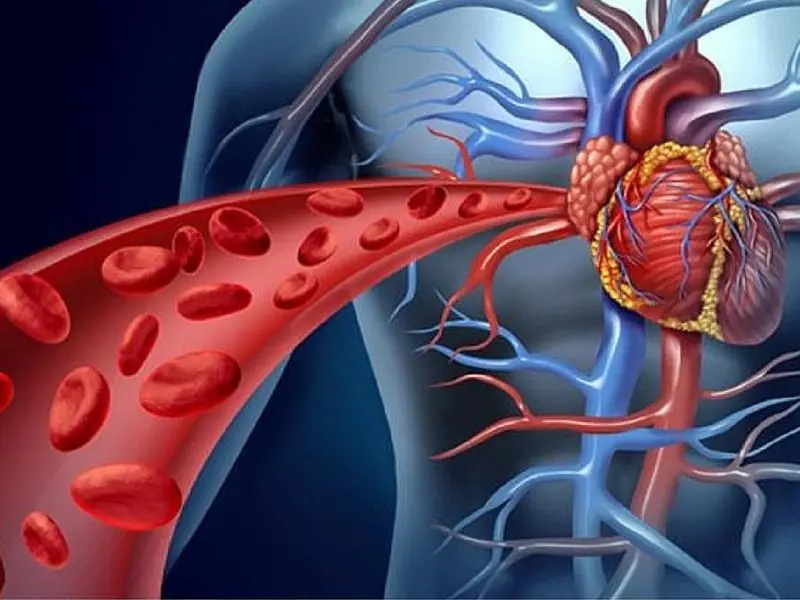
Warning Signs of Poor Blood Circulation That Are Easy to Ignore

Notice Incredible Results For Your Digestive Problems

Medical Myths Debunked: Chocolate Isn’t Heart-Healthy

Raising the Bar on Breast Cancer Screening and Management
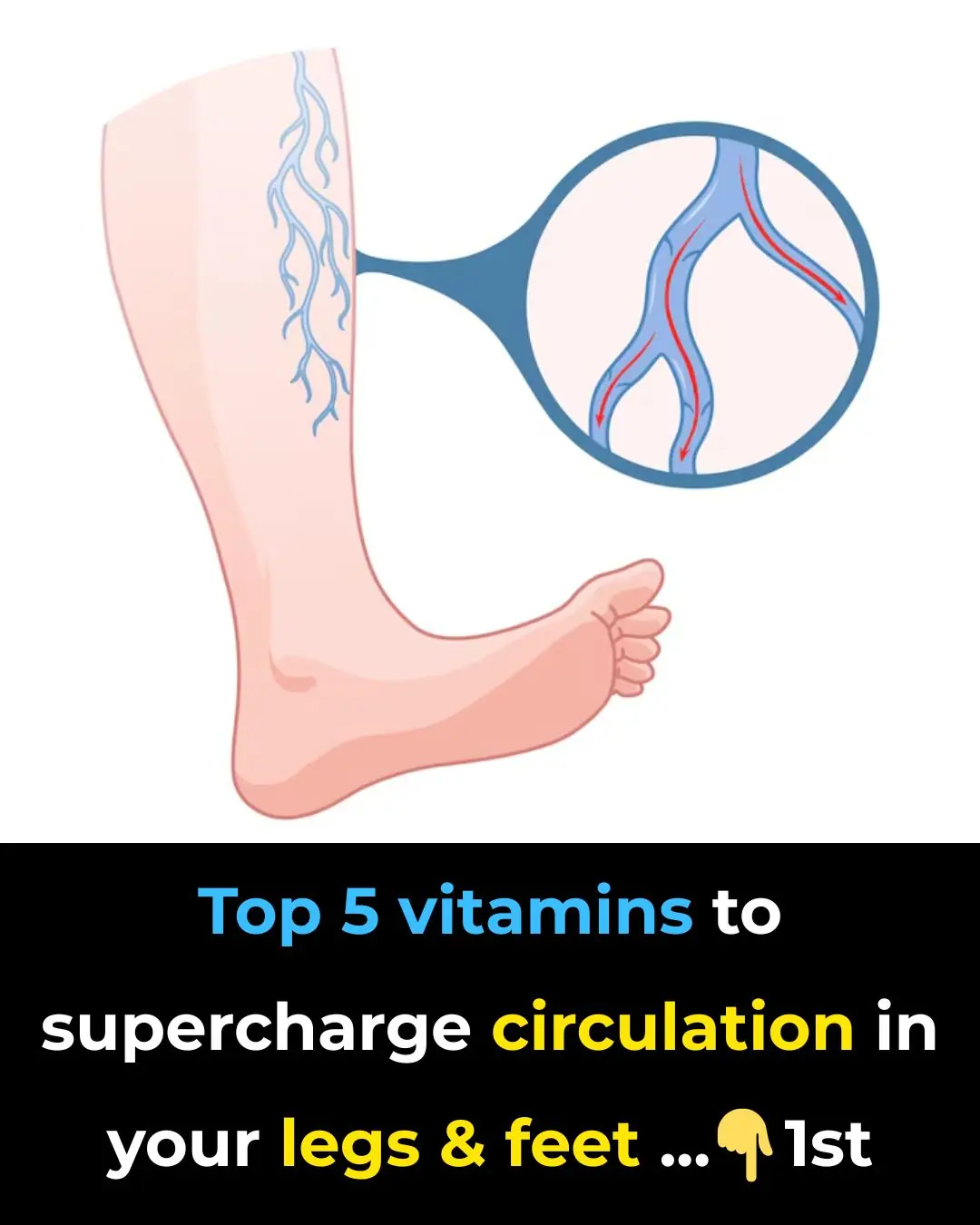
Top 5 vitamins to supercharge circulation in your legs & feet
News Post

If Your Feet Swell It Is a Clear Sign

What Your Feet Are Telling You

6 Health Benefits of Sleeping In a Cold Room and How to Make it Cooler- And Why You May Not Want to Use a Fan

The Hidden Meaning Behind Leg-crossing — It’s More Than Just Comfort

10 Symptoms of Diabetes That May Show Up In Your Feet

How To Properly Dispose of Ticks

This is what sleeping on the left side does for our brain, stomach & glymphatic health

12 Best Foods To Support Digestive and Gut Health

Study suggests anal cancer is on the rise and reveals who’s most at risk

Wife Complains of a Headache, Sleeps, and Dies Without Husband Knowing: This Type of Headache Requires Immediate Hospitalization!

Why Do You Keep Waking Up Between 3 and 5 A.M.? Causes, Explanations, and What It Means for Your Health

Deadly Secrets of Ticks: How to Remove and Dispose of Them Safely Before They Harm You
Ticks may be small, but their impact on human and pet health can be enormous.

Frankenstein Rabbits With Tentacle-Like Horns Spark Invasion As Rare Virus Causes Monstrous Mutations
Although they may look frightening or pitiful, they remain a natural example of how viruses can drastically alter an animal’s appearance.

Only the Sharpest Eyes Can Find All 6 Hidden Words in This Living Room Challenge
If you love solving puzzles and challenges, this viral hidden words image is just for you!

Shocking Effects of Sleeping Less Than 7 Hours — What Really Happens to Your Body
Getting less than seven hours of sleep might feel harmless, but science shows it can quietly damage your body in ways you don’t expect. From hormonal imbalances to skin problems and even digestive issues, sleep deprivation affects far more than just you

The Hidden Purpose of That Tiny Hole in a Safety Pin Will Surprise You
That tiny hole in a safety pin isn’t just decoration - it’s proof that even the simplest everyday tools can hide smart design secrets.

Doctors Explain Why You Should Never Hold Back a Fart
On average, every person passes gas 14 to 23 times per day—it’s a natural part of being human and actually shows that your digestive system is functioning properly.

This Appears to Be a Void in Space. In Truth, It’s Full of Stars in the Making

Potentially hostile’ alien threat could attack Earth in a few months, scientists claim
